These Are the Sleepiest Cities in America
POOR SLEEP can lead to heightened risks of diabetes, hypertension, and obesity, and if you just fell asleep reading this sentence, well, where you live may be to blame.
We analyzed 100 of the largest U.S. cities and scored each according to the bedtimes of its residents and how many of them reported sleeping less than seven hours a night on average.
We also factored in how many people suffered from health concerns related to lack of sleep—issues such as obesity, physical inactivity, smoking, and excessive drinking.

To dig deeper into our methodology, each city’s sleep score, based on the percentage of people who report sleeping less than seven hours, accounted for 55 percent of our weighted rankings. Average bedtime made up 15 percent. Sleep health—derived from percentages for smoking, excessive drinking, inactivity, and obesity—constituted the remaining 30 percent.
And if you’re curious about the sources we used to pull our data from, here you go: The CDC’s Behavioral Risk Factor Surveillance System, 500 Cities Project, Jawbone UP, ACSM Fitness Index, County Health Rankings.
After we slept on everything, we ranked the places where you can’t (and can) rest easy.
America’s Sleepiest Cities
1. Philadelphia, PA
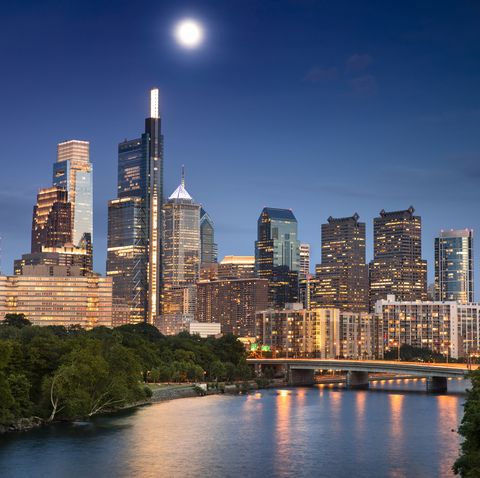
Philly scored poorly in all assessments. Its residents don’t get enough sleep, go to bed just before midnight on average, and have high inactivity ratings. One explanation: Not enough darkness can make your circadian rhythm go screwy, and Philadelphia suffers from some of the worst light pollution in the U. S., a 2019 analysis by Sleep Junkie found. (We like the Bucky 40 Blinks sleep mask. $13; bucky.com)
2. Toledo, OH
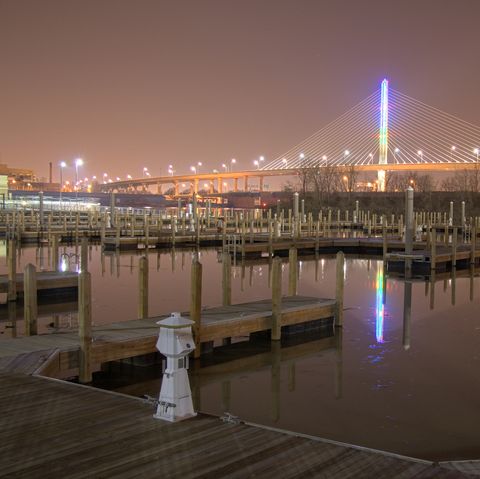
Toledo residents aren’t getting much sleep, likely due to receiving the bottom score for health behaviors related to sleep. A prime example is the number of current smokers, which is just over a quarter of the city’s population. Research shows there’s a strong correlation between smoking and obstructive sleep apnea, which is when your breathing starts and stops throughout the night and can raise your odds of developing cardiovascular issues. Smoking can cause upper airway inflammation and neuromuscular function, a risk factor for sleep apnea.
3. New Orleans, LA
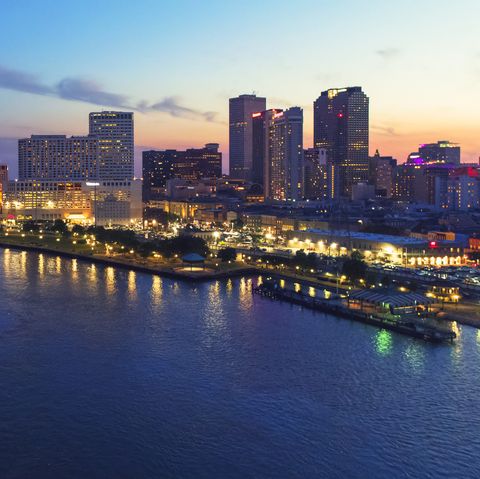
New Orleans falls just behind Toledo with health behaviors, landing second lowest in that department. Additionally, their residents have terrible sleep habits, with 41 percent of their residents getting less than seven hours of sleep. One contributing factor; 36 percent of residents are considered obese. And while you may already know that obesity impacts sleep, the reverse can also be true. According to Sleep Foundation, “sleep loss creates a hormone imbalance in the body that promotes overeating.”
4. Detroit, MI
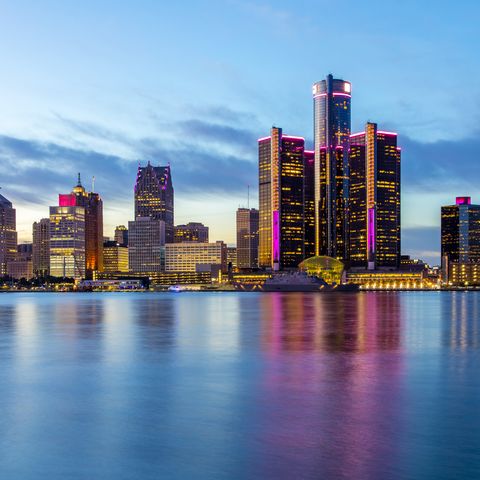
Among Detroit’s residents, 42 percent are getting less than seven hours, the third worst score of the cities ranked. Insufficient sleep can play havoc on your mental health. Existing mental health issues can worsen without sleep, and new problems can form when you don’t get enough shuteye.Depression and insomnia go hand in hand; having insomnia increases your risk of depression, and most people suffering from depression will also have trouble sleeping.
5. Cincinnati, OH
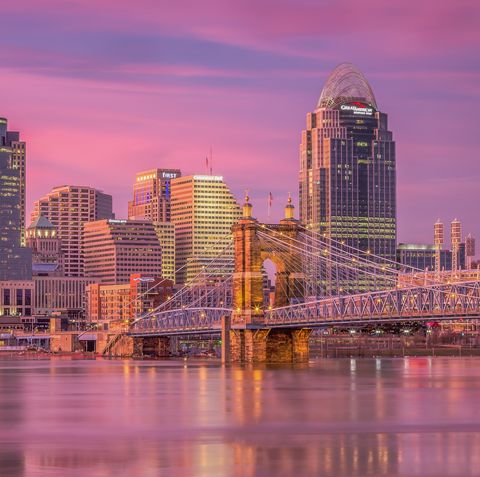
In this city, which ranked in the bottom 10, for insufficient sleep, the trend may start as early as high school. Cincinnati Children’s Hospital reports that 75 to 80 percent of high school seniors are getting less than eight hours of sleep a night. No matter when the problem started, if residents are struggling, there are plenty of options to help, with 14 sleep centers in the greater Cincinnati area.
6. Lexington, KY
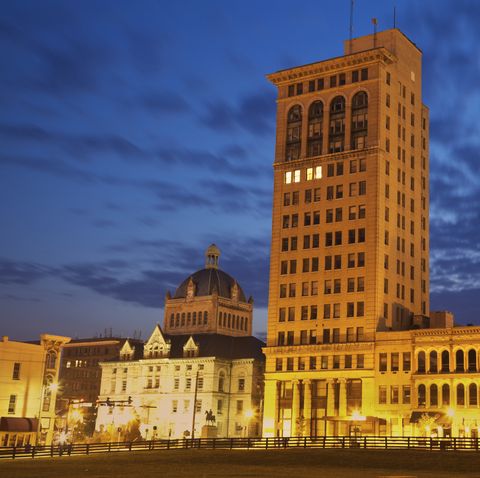
Lexington-Fayette is one of three Louisiana cities in the top 10 sleepiest cities, and all of them have poor scores with excessive drinking. With 6.9 percent of adults statewide reporting alcohol use disorder and excessive alcohol use costing $3.8 billion to the state in 2010, it’s clear it’s a serious problem. Drinking can have a sedative effect, but that doesn’t equate to quality sleep. Not only does excessive drinking worsen insomnia and suppress REM, it can also intensify sleep apnea symptoms.
7. Baton Rouge, LA
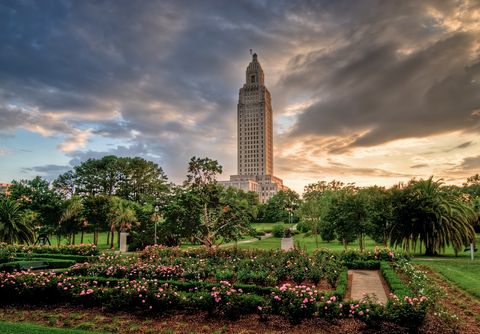
Baton Rouge has one of the highest inactivity scores, a risk factor for poor sleep and insomnia. Despite having over 180 parks with trails, fishing ponds, and even a family sized aquatic center, nearly a third of the metro’s population aren’t active. A recent International Journal of Environmental Research and Public Health study found that a high amount of sedentary time—around 8 hours in a day—was associated snoring, gasping, breathing stops, and restless sleep.
8. Las Vegas, NV
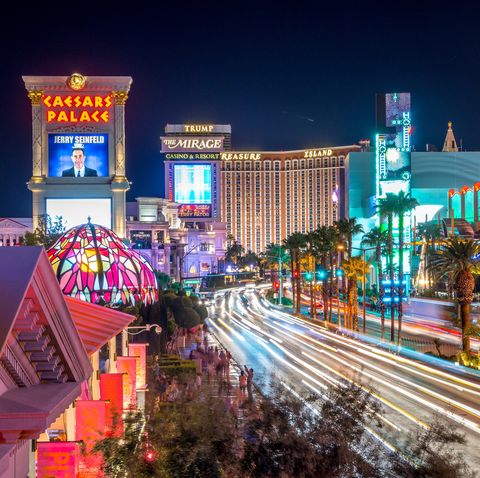
The 24-hour party requires around-the-clock employees, and research shows that night-shift workers are at a greater risk of developing asthma, depression, and heart disease, the last of which may be partly due to irregular diet habits that may or may not involve all-you-can-eat buffets. It’s hard to change your shift, but it’s easy to pack a breakfast.
9. Jacksonville, FL
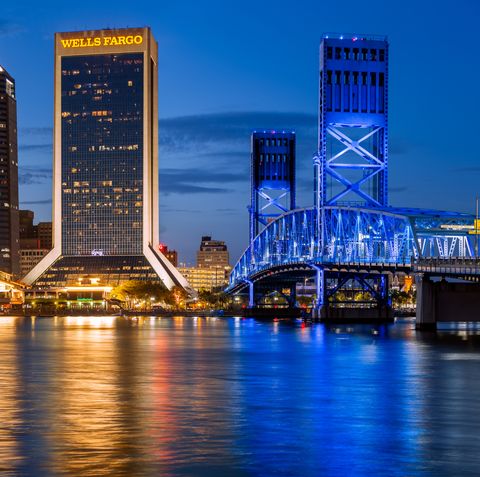
Jacksonville scored poorly in both obesity and current smoker scores. Not only do each of these factors impact sleep, but they impact each other as well. Nicotine, a stimulant, disrupts sleep and masks exhaustion, and smoking can increase risks of sleep conditions, like sleep apnea. Research shows that even 30 years after quitting, former smokers had a higher risk of obesity than current smokers. The risk increased among former heavy smokers.
10. Providence, RI
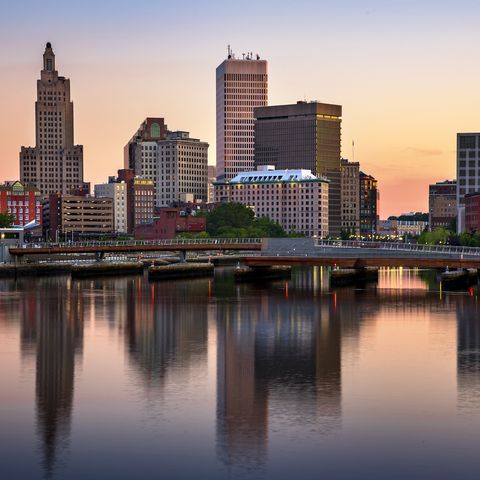
Providence slides into 10th position on the bottom 10, their sleepiness likely stemming from inactivity and getting less sleep than they should. While you already know that inactivity impacts sleep, it turns out that insufficient sleep may be torpedoing your workouts. Researchers hypothesize that fatigue and lack of energy from not getting enough sleep may be a major barrier to increasing your activity levels.
11. Cleveland, OH
12. Louisville, KY
13. Memphis, TN
14. Columbus, OH
15. Wilmington, DE
16. Pittsburgh, PA
17. Charleston, WV
18. Newark, NJ
19. Norfolk, VA
20. Jersey City, NJ
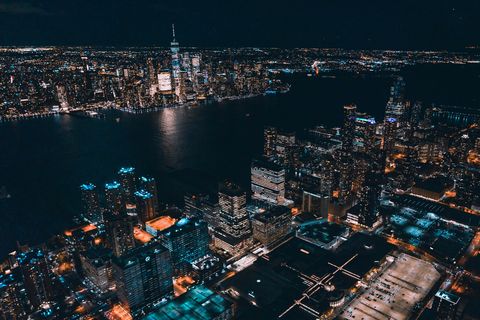
21. Richmond, VA
22. Buffalo, NY
23. Birmingham, AL
24. Laredo, TX
25. Milwaukee, WI
26. Indianapolis, IN
27. St. Petersburg, FL
28. Fort Worth, TX
29. Nashville, TN
30. Riverside, CA

31. Bakersfield, CA
32. New York, NY
33. Atlanta, GA
34. Chesapeake, VA
35. Washington, DC
36. Kansas City, MO
37. Jackson, MS
38. Little Rock, AR
39. El Paso, TX
40. Lubbock, TX
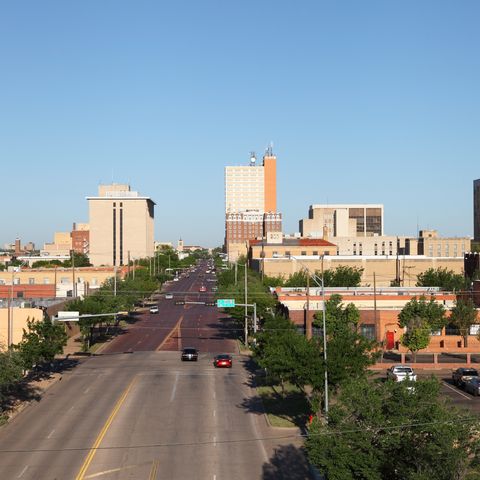
41. Boston, MA
42. Wichita, KS
43. Honolulu, HI
44. Virginia Beach, VA
45. Orlando, FL
46. Baltimore, MD
47. Stockton, CA
48. St. Louis, MO
49. Houston, TX
50. Oklahoma City, OK
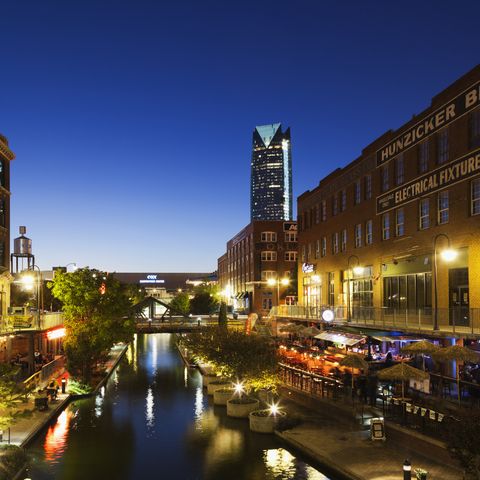
51. Chicago, IL
52. Fort Wayne, IN
53. Fresno, CA
54. Tulsa, OK
55. Charleston, SC
56. Tampa, FL
57. Phoenix, AZ
58. Greensboro, NC
59. Omaha, NE
60. Sacramento, CA
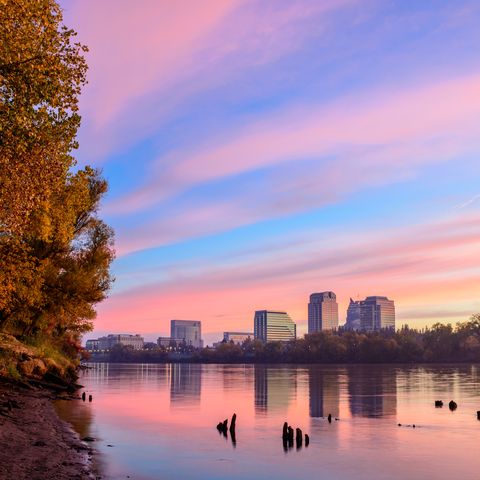
61. Los Angeles, CA
62. Corpus Christi, TX
63. Winston-Salem, NC
64. Miami, FL
65. Dallas, TX
66. Manchester, NH
67. Durham, NC
68. Reno, NV
69. Des Moines, IA
70. Anchorage, AK
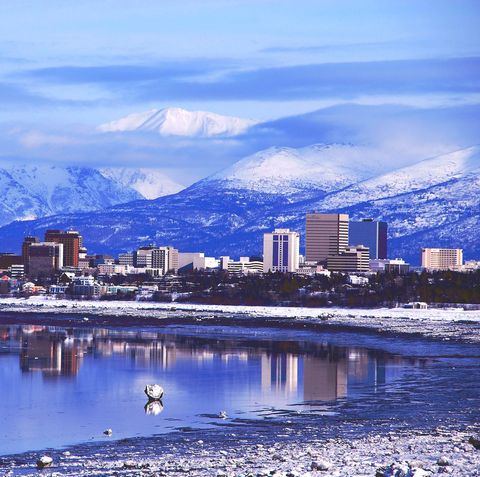
71. Raleigh, NC
72. Charlotte, NC
73. San Antonio, TX
74. Oakland, TX
75. Cheyenne, WY
76. Billings, MT
77. Bridgeport, CT
78. Austin, TX
79. Plano, TX
80. Portland, OR
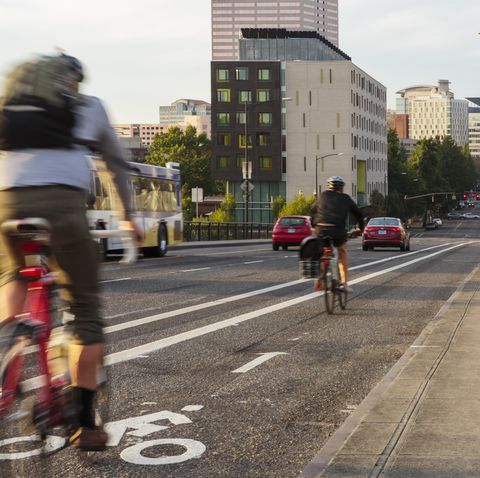
81. San Diego, CA
82. Fargo, ND
83. St. Paul, MN
84. Sioux Falls, SD
85. Portland, ME
86. Anaheim, CA
87. Albuquerque, NM
88. San Jose, CA
89. Tucson, AZ
90. Seattle, WA

91. Minneapolis, MN
92. Lincoln, NE
93. Salt Lake City, UT
94. Madison, WI
95. San Francisco, CA
96. Burlington, VT
97. Denver, CO
98. Colorado Springs, CO
99. Aurora, CO
100. Boise, ID
A version of this article appeared in the March 2021 issue of Men’s Health.
Source: Read Full Article
